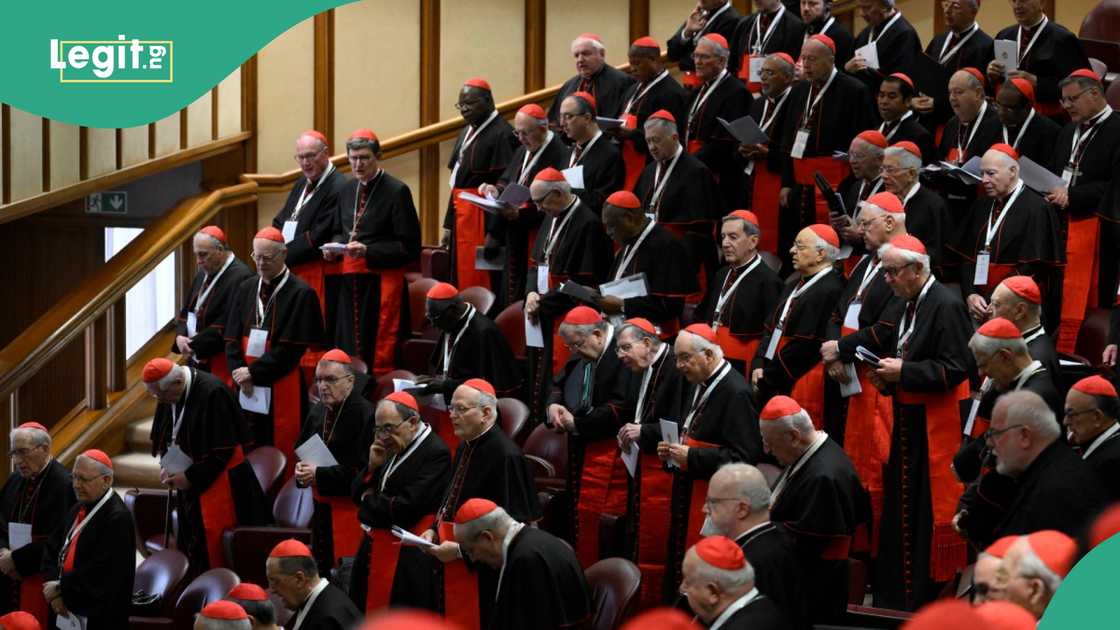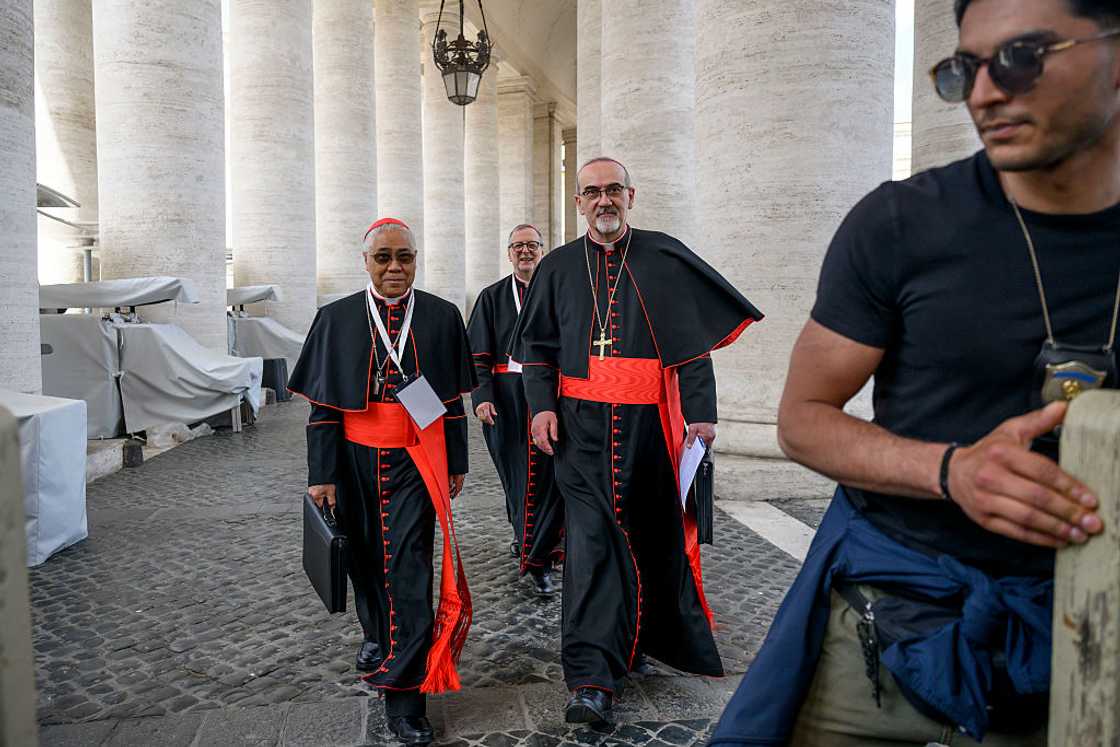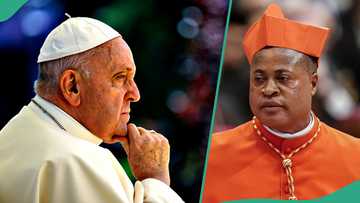Vatican Deactivates Mobile Signals Ahead of New Pope Election
- In a decisive move to uphold centuries-old traditions, the Vatican deactivated all mobile signals on 7 May ahead of the highly secretive papal conclave
- Signal jammers were installed around the Sistine Chapel to prevent any external electronic surveillance as 133 cardinals gathered to elect Pope Francis' successor
- The heightened security measures reflect the Vatican's commitment to absolute secrecy, ensuring the integrity of the conclave remains uncompromised
On 7 May, the Vatican shut down all mobile phone signals as part of stringent security measures ahead of the papal conclave to elect the next pope, Italian state media reported.
To safeguard the confidentiality of the event, signal jammers were installed around the Sistine Chapel, preventing any external electronic surveillance.

Source: UGC
This move ensured that the 133 cardinals participating in the conclave remained completely isolated as they selected Pope Francis' successor, according to Italian news agency ANSA.
Phone signal blackout and cardinal arrival in Rome

Read also
Two cardinals set to elect new pope break silence, list two challenges before the next pontiff
The mobile signal deactivation commenced at 3 p.m. local time (9 a.m. ET) on 7 May, one and a half hours before the cardinals entered the Sistine Chapel to begin the election process, Italian state broadcaster RAI confirmed.
By 5 May, the Vatican had verified that all 133 cardinals eligible to vote had arrived in Rome, marking the final preparations for the historic event.
Historical traditions of the papal conclave
The conclave, a centuries-old tradition, derives its name from the Latin phrase meaning “with key,” a reference to how cardinals were historically locked in until a new pope was chosen. The selection process, rooted in the Middle Ages, continues to adhere to strict secrecy protocols.
As part of these confidentiality measures, cardinals relinquished their phones and electronic devices on 6 May, only regaining access once the conclave concluded, a Vatican spokesperson confirmed.
Complete isolation and enhanced security
From Wednesday, participating cardinals remained locked inside the Sistine Chapel, cut off entirely from external communication. They took an oath of absolute and perpetual secrecy, reaffirming the sacred nature of the conclave proceedings.
Security within St Peter’s Square remained unaffected by the signal blackout, allowing the public to gather freely. However, authorities reinforced security with entrance checkpoints, metal detectors, and anti-drone systems, as reported by Corriere della Sera.

Source: Getty Images
Strict confidentiality extends beyond cardinals
The Vatican maintained absolute secrecy by implementing a total lockdown within the Sistine Chapel. Similar security measures were in place during the 2013 conclave that elected Pope Francis, including signal blockers to restrict calls, texts, and internet access.
Beyond the cardinals, essential personnel such as electricians, plumbers, and elevator operators pledged to uphold confidentiality.
The Vatican City State Governorate confirmed that these individuals took an oath of secrecy and remained in full-time service, staying within the Vatican without outside contact for the duration of the conclave.
Why do new popes change their names
Legit.ng earlier reported that when a new pope is elected, one of his first and most symbolic acts is choosing a new name.
This tradition, which dates back to the early Middle Ages, carries deep historical significance and sets the tone for his leadership of the Roman Catholic Church.
Source: Legit.ng



